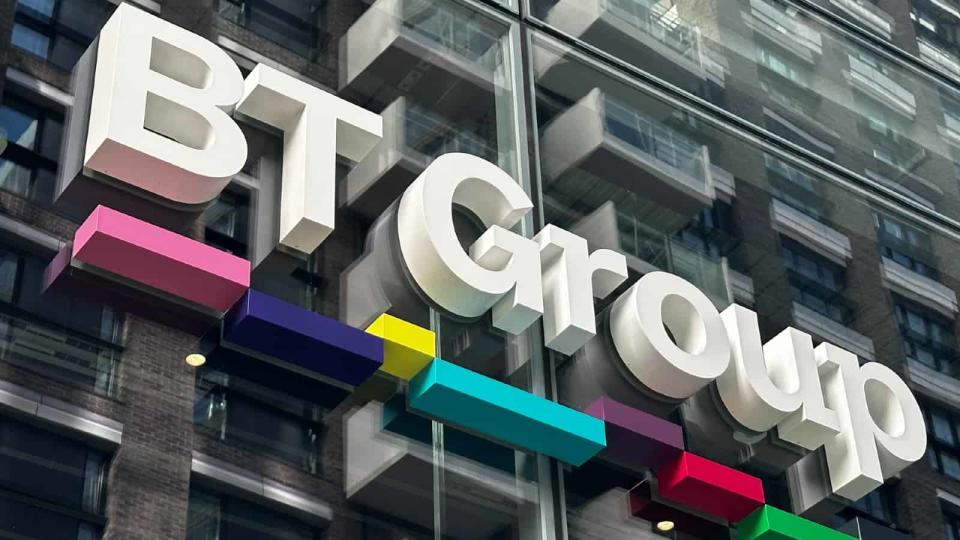I’ve got my eye on the BT share price, here’s why

The telecoms sector is at an important moment. With connectivity and digitalisation at the heart of almost everything we do, companies are being forced to evolve rapidly. Those making bold moves may dominate the sector for decades to come. So where does BT (LSE:BT.A) fit in the future of the sector, and what will it mean for the share price? Let’s take a closer look.
A sector under pressure
So what put the company on my radar lately? UBS recently reiterated its “sell” recommendation, citing increasing competition from alternative network providers. Companies like CityFibre are expanding fibre networks at lower costs, putting enormous pressure on BT’s Openreach division. This competition could lead to a significant loss of revenue, with estimates that the firm could lose up to £240m annually as CityFibre expands its footprint.
With most people now demanding high-speed, quality connections on a daily basis, there’s no shortage of demand. However, as the mobile phone sector showed us, just a few companies could emerge as the winners, with many new and traditional companies disappearing.
The firm also faces challenges from potential regulatory changes, the high costs associated with infrastructure upgrades, and broader economic difficulties that may impact consumer spending.
The numbers
According to a discounted cash flow (DCF) calculation, there could be as much as 72.5% growth before the shares reach an estimate of fair value. Potentially appealing, but when there’s such a large gap between current and fair value, investors are obviously uneasy about the future.
Many investors in the company will have been attracted by the impressive dividend yield, currently standing at about 5.5%. However, it’s worth noting that the dividend payout ratio is pretty high at 92%, raising questions for me about sustainability over the long term.
Earnings are forecast to grow by a healthy 11.6% per year. Ongoing investments in 5G and fibre broadband infrastructure position the business well to capitalise on the increasing demand for high-speed connectivity.
However, financial health presents a mixed picture. The company carries £23.4bn of debt, concerning in a high interest rate environment. A strong market position and consistent cash flows provide some reassurance, but with profit margins declining to 4.1% from 9.2% last year, there’s a concerning trend in the numbers.
Some positives
Despite the competitive pressures, the company has a very strong brand, and extensive infrastructure. Its acquisition of EE in 2016 also strengthened its position in the mobile market. This entrenched market position provides some defensive characteristics, which could bring advantages over newcomers to the market. The company has been around since 1846, so has a track record of managing difficulties, and successful execution of cost-cutting initiatives.
One for the watchlist
While the firm faces significant challenges, its current valuation, high dividend yield, and potential for earnings growth make it interesting. To me, the next few years will primarily depend on how successfully management can fend off competition, but also how it can manage debt and capitalise on the growing demand for high-speed connectivity.
As a Foolish investor, I’m keeping a close eye on BT, but I’m also mindful of the risks. There are likely going to be big winners in the telecoms sector in the coming decades, but I’m still uncertain whether the company has the right strategy to be on the list.
The post I’ve got my eye on the BT share price, here’s why appeared first on The Motley Fool UK.
More reading
Gordon Best has no position in any of the shares mentioned. The Motley Fool UK has no position in any of the shares mentioned. Views expressed on the companies mentioned in this article are those of the writer and therefore may differ from the official recommendations we make in our subscription services such as Share Advisor, Hidden Winners and Pro. Here at The Motley Fool we believe that considering a diverse range of insights makes us better investors.
Motley Fool UK 2024